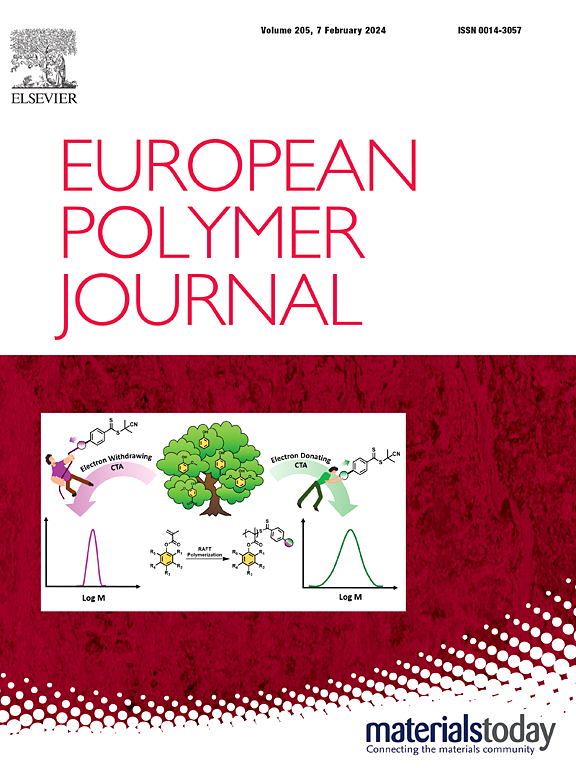Progress in the preparation of phosphorus-containing polymers via phosphorus trichloride-free routes
Abstract
Phosphorus (P)-containing polymers (PCPs) are functional materials that have attracted extensive attention from both academia and industry. PCPs are widely used in biomedical and structural materials owing to their biodegradabilities and flame-retardant properties. Currently, the most common raw materials for the synthesis of PCPs are phosphorus trichloride (PCl3) and its derivatives (phosphorus oxychloride and phosphorus pentachloride). However, the preparation of PCPs using PCl3 not only causes serious acid pollution and generates numerous Cl-containing solid by-products but also poses safety risks. Therefore, using a PCl3-free route for the preparation of PCPs is a requirement for sustainability. Herein, progress in the synthesis of PCPs via PCl3-free (or non-PCl3) routes is reviewed for the first time.





